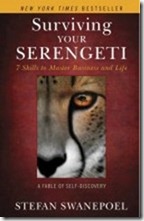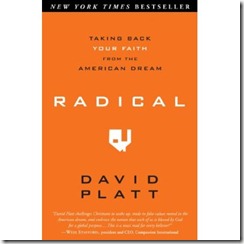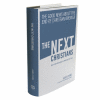Book Review.
I read quite a few books each year. In some seasons of my life it seems like every author is saying the same thing, or is rehashing an old topic for a new generation – seems to be one of the downsides to so much reading over so many years. Those seasons in my reading/learning life tend to end when the Holy Spirit speaks refreshingly through an author to remind me of significant things. Thus it has been with “with: Reimagining the Way you Relate to God” by Sky Jethani.
Jethani uses several prepositions to explain the postures we tend to take in relating to God. He writes that we live under God, over God, from God, for God, or with God and concludes that “living with” is best. The others all are deficient in that they are usually driven by fear and/or control. He deftly defines each posture in the introductory chapter, then more fully develops his thoughts in subsequent chapters before making a strong, reasonable case for living in communion with God as paramount.
Of significant interest is his contention that many Christians tend to unreflectively default to living for God or living under God. These postures sound good, but often come up short, leaving a believer worn out, or burned out, and often wondering whether they truly love God or are loved by Him. Living for God is often turned into a means of gaining God’s pleasure but with significant consequences if we fail. Living under God often turns into figuring out the techniques “blessed by God” that will bring the greatest success, but life, of course, rarely follows the rules.
Jethani is an interesting and intelligent writer. This book is quite accessible to all and will challenge all. I found myself reflecting deeply and was moved out of a season of lassitude in reading and relating. Highly recommended reading.
Disclosure of Material Connection: I received this book free from Thomas Nelson Publishers as part of their BookSneeze.com book review bloggers program. I was not required to write a positive review. The opinions I have expressed are my own.



 Book Review:
Book Review: 